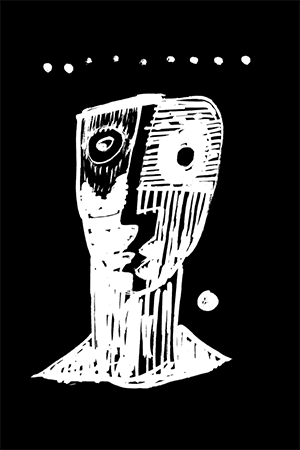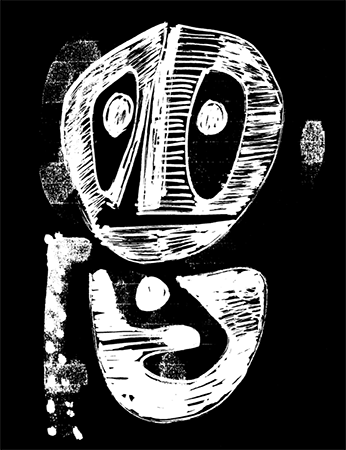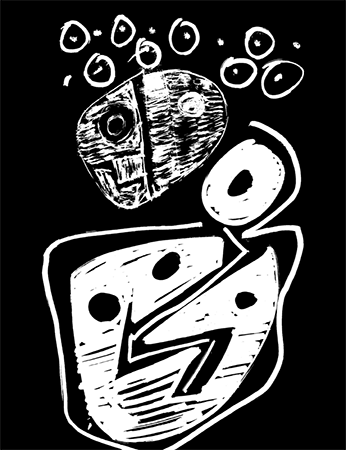Voices of Faith & Doubt: A dialogue for a time of pandemic
I produced this video in May of 2011. The global financial crisis was at rock bottom and I had just passed my 61st birthday. My prospects in this world were winding down quite fast. Or so it seemed.
Like countless post-war Boomers, I have tried to find a spiritual rock to anchor myself amid the inevitable vicissitudes of life. But, as a lifelong skeptic of both traditional religion and cleverly marketed “new age” spiritual remedies, art has always held more meaning for me than any of mankind’s creeds or sacred texts.

That said, I have always had a soft spot for Ecclesiastes from the Hebrew scriptures and the King James version of the 23rd psalm.
The former speaks starkly of the absurd vanities of powerful men and futility of all human endeavors in the face of death. The latter exquisitely renders the certainty that we all can dwell in the house of the lord forever—presumably in a state of eternal joy.
Now, as a newly-minted 70-year-old “veteran artist,” I find myself in St. Petersburg (Florida) typing out a blog entry when the world, as we knew it, seems again, to be ending.
But one of the very few things that I am certain of is this:
The COVID-19 coronavirus does not spell the demise of the human race or the human adventure. Although I may die during the pandemic, as may you, world civilization will muddle through. It just might not look or feel quite the same as before the pandemic.

Here is a link to a thought-provoking article from Singularity Hub on 16 ways coronavirus may change the way we look at the world.
On a final personal note:
For well over 40 years, I have created videos, paintings, artist books, prints, and web pages on creative responses to a Post-Holocaust world on ArtNotHate.com.
Over the decades, it was my privilege to meet and talk with at least a hundred Jewish survivors of the Nazi death camps. I always asked them if they still believed in God after their ordeals.
The answers were illuminating.
Basically, those who believed in God before WWII still had religious faith. Those who were agnostics and atheists before Hitler were still among the nonbelievers.
But all of these survivors had managed to successfully resettle from Europe to America; find gainful employment; create families; and educate their children. Many lived well into their 70s and contributed to their communities in a myriad of ways.

These survivors gave me a real faith in human resilience and the sanctity of each life.
Perhaps that is a source genuine solace and hope in these perilous times.
